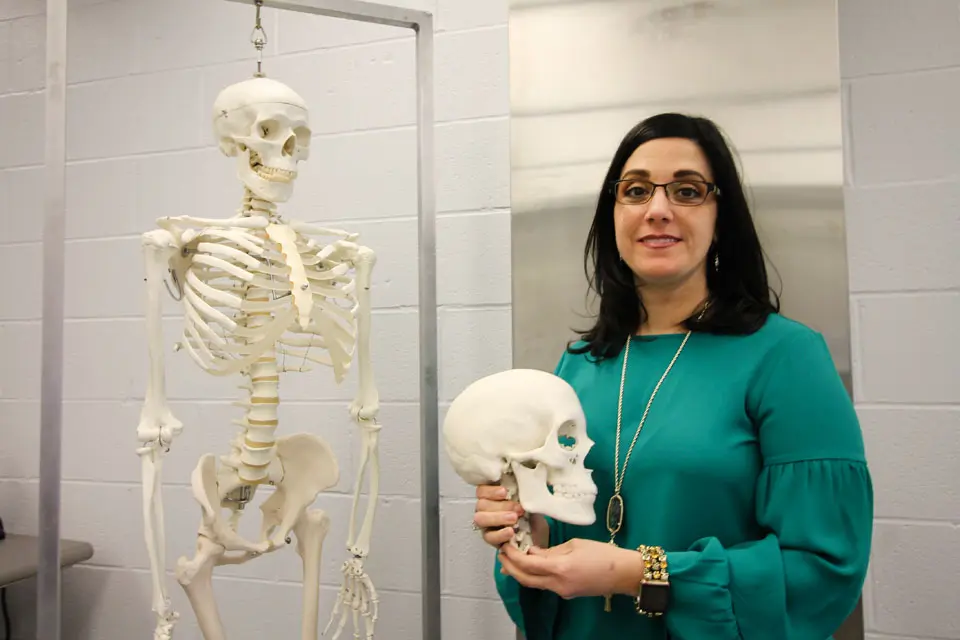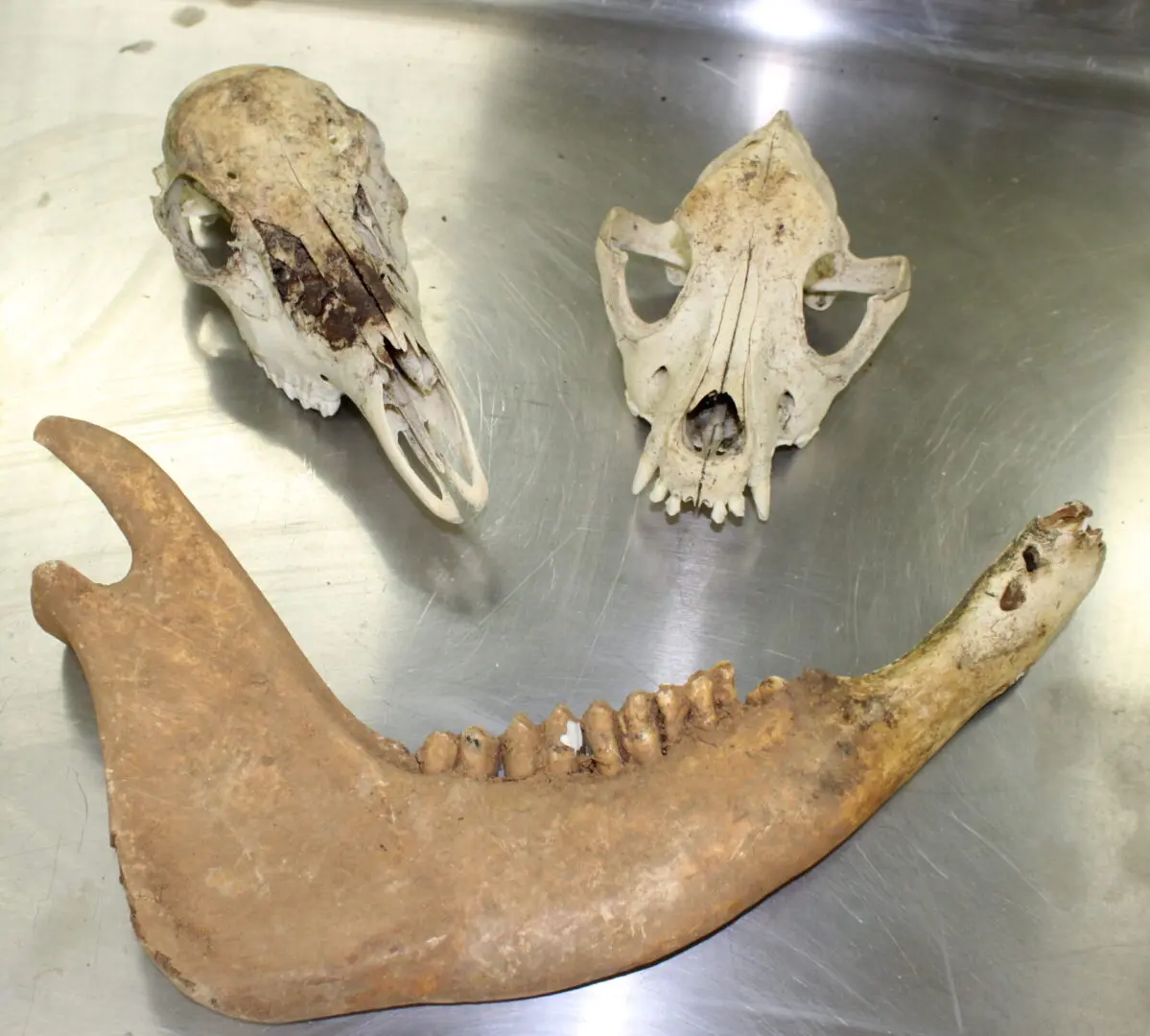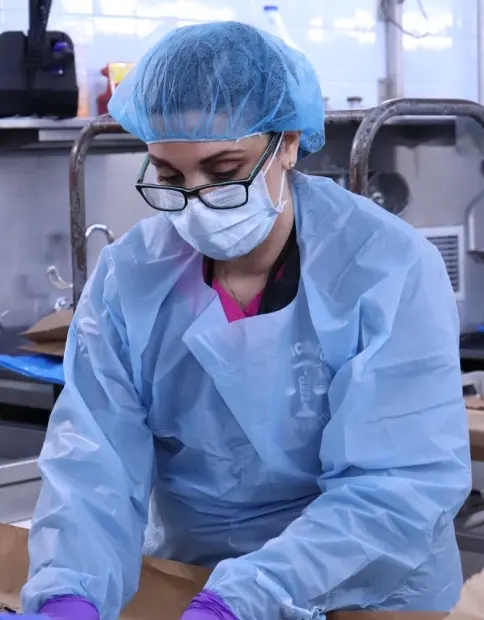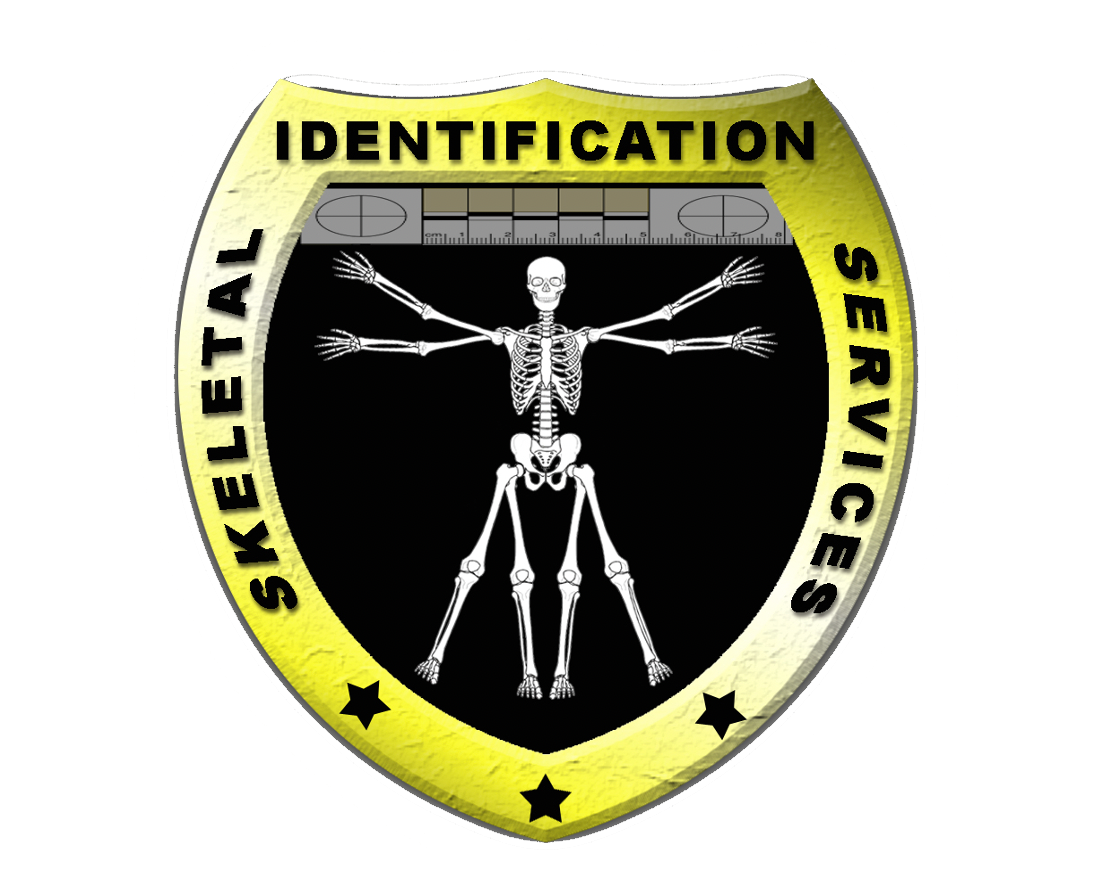Discover the Science Behind
Skeletal Identification Services
The work that is performed by SIS is based upon the principles of forensic anthropology. Forensic anthropology is an applied sub-specialty of physical anthropology. Physical anthropology deals with the study of both living and non-living primates, including humans. Forensic anthropologists use the principles of physical anthropology to study the human skeleton. Forensic anthropologists are trained in the nuances of skeletal growth and development, skeletal trauma and healing, and degenerative and pathological changes in the skeleton.


The focus of most forensic anthropological inquiries is to determine the age, sex, population affinity, and stature of an individual based upon the evidence provided within the skeleton. With this assessment, also known as a biological profile, law enforcement may be able to narrow down their search for the victim’s identity. Forensic anthropologists are trained in scene recovery of human remains, whether they are skeletonized or fleshed, on the surface or buried, and whether they are intact or fragmentary. Most forensic anthropologists also undertake trauma analysis and time since death estimation in addition to the biological profile.
Services:
Our services include (but are not limited to) the following:
Training and Short Courses
Email Consultation
Assessment of Human vs. Non-human Skeletal Remains
Assessment of Human Remains for Forensic Significance
Autopsy Consultation
Radiographic Consultation
Skull Examination
Partial Biological Profile (e.g. Age Estimation) of Skeletonized Remains or Remains With Soft Tissue
Trauma Analysis of Decedent at Autopsy
Full Biological Profile of Skeletal Remains (Estimation of Age, Sex, Population Affinity and Stature)
Full Biological Profile of Remains With Soft Tissue (Including Maceration and Trauma Analyses)
Reconstruction of Individual Skeletal Elements
Scene Response/Recovery
Expert Testimony

